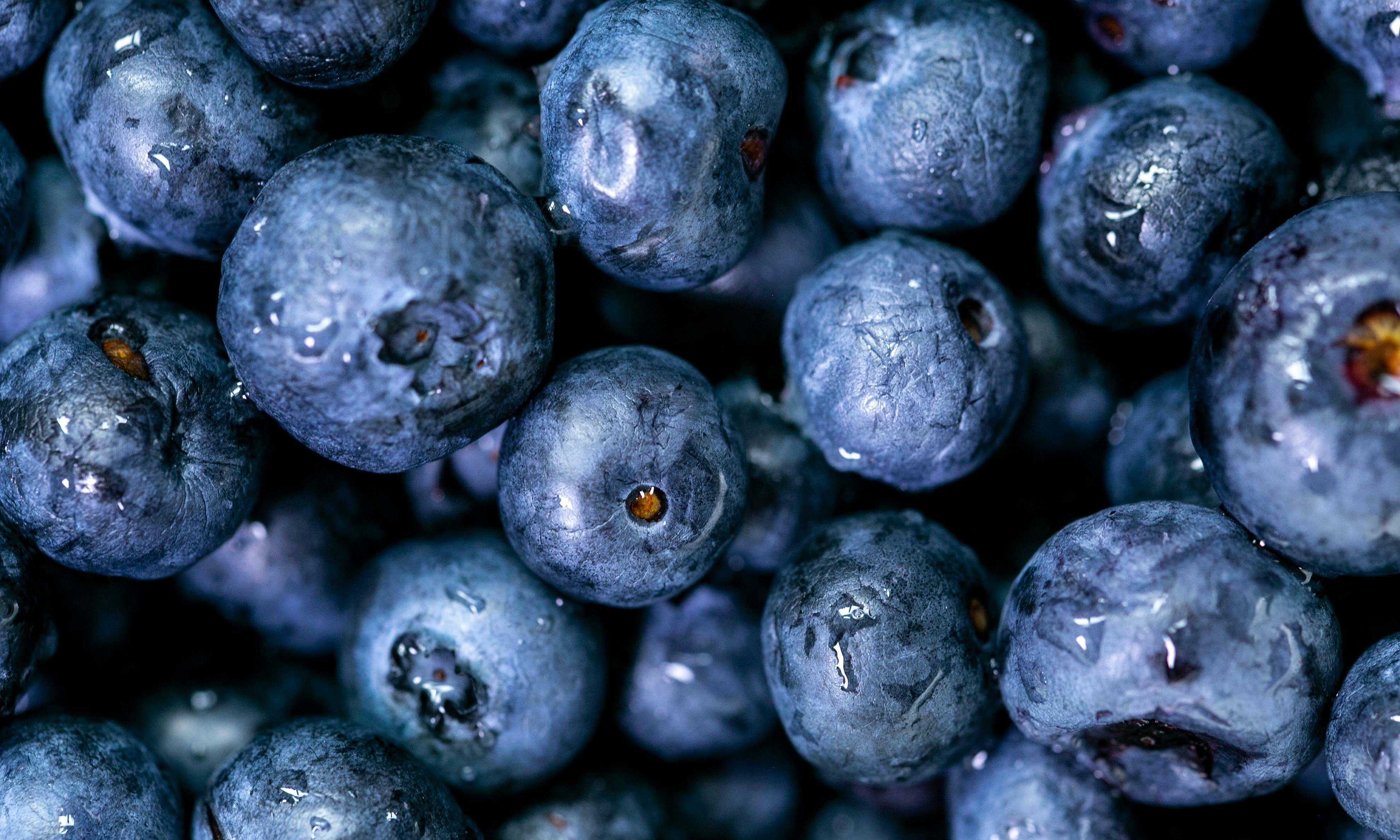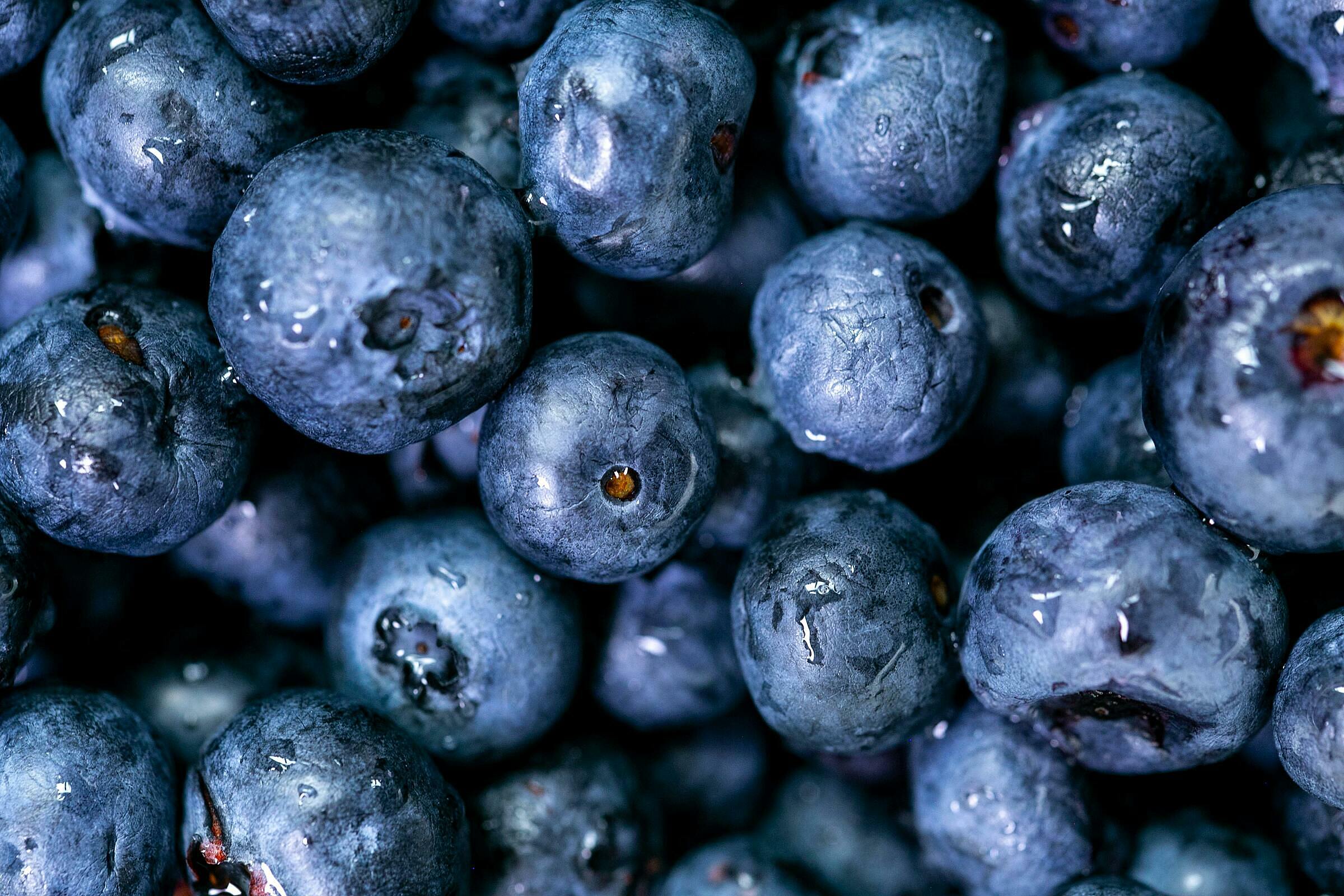
Ginkgo, blueberries, mulberries, fennel, goji berries, and chamomile are abundant in antioxidants, anti-inflammatory agents, and vital vitamins that help protect eyesight, decelerate aging, and improve visual acuity.
Dr. Tran Thi Tra Phuong from the Department of Nutrition and Dietetics at Tam Anh General Hospital in Hanoi highlights the advantages of including these vegetables, fruits, and herbs in your meals for better ocular health.
Below are six kinds of produce that can be advantageous for eye health:
1. Ginkgo
Ginkgo enhances blood flow to the retina, offering particular advantages for people suffering from glaucoma. Its antioxidant qualities shield nerve cells and eyes from damage due to oxidative stress brought about by free radicals. Insufficient levels of antioxidants can increase the likelihood of developing eye issues like macular deggeneration, cataracts, and glaucoma.
2. Blueberries
Blueberries are loaded with potent antioxidant flavonoids that safeguard eye cells against free radical damage, enhance blood circulation to the retina, and support night vision. These antioxidants also help manage conditions like glaucoma and cataracts. Furthermore, blueberry extract benefits retinal nerve cells by preventing the formation of new blood vessels, a key factor in diseases like macular degeneration and diabetic retinopathy.

|
|
A close up photo of blueberries. Illustration photo by Pexels |
3. Fennel
Fennel is effective in reducing eye inflammation and excessive tearing. It is often used in the form of fennel tea as an eye rinse by those suffering from severe eye conditions like cataracts and glaucoma. Additionally, essential oil extracted from fennel seeds has been proven to lower intraocular pressure in glaucoma patients.
4. Mulberries
Mulberries contain flavonoid antioxidants that prevent many age-related eye diseases. The vitamin C in mulberries may help reduce the risk of developing cataracts. Zeaxanthin, a carotenoid found in mulberries, acts as an antioxidant to prevent retinal damage.
5. Goji berries
Goji berries are packed with lutein, zeaxanthin, and beta-carotene, which filter harmful blue light, shield the eyes from oxidative stress, and prevent age-related macular degeneration. These berries are also rich in vitamins A and C, and essential amino acids, which help maintain eye hydration and improve dry eye conditions.
6. Chamomile
Chamomile tea is used to enhance vision and treat conditions like blurred vision and dry eyes. It reduces eye strain, which is beneficial for those who spend extended periods in front of screens. Chamomile also has anti-inflammatory properties that alleviate redness, swelling, and discomfort in the eyes.
Dr. Phuong notes that eye problems often develop gradually, and symptoms may not be noticeable until the condition worsens. Therefore, regular eye check-ups are crucial.
She also recommends supplementing with natural extracts such as broccophane (from broccoli), which boosts thioredoxin, a protein that acts as an antioxidant. Thioredoxin is vital for protecting retinal pigment epithelial cells and the lens, which promotes healthier and clearer vision.